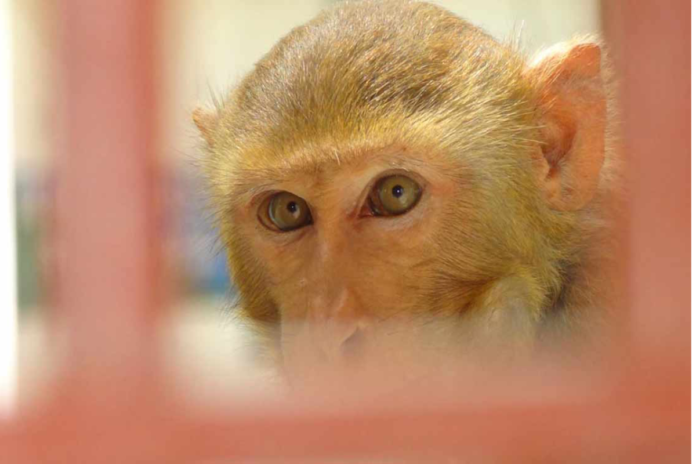Karnataka health department officials have conducted meetings and evaluated readiness to combat the viral infection’s spread in response to the state’s two recorded deaths from Kyasanur Forest Disease this year.
The Health department reports that on January 8, an 18-year-old female died from Kyasanur Forest Disease (KFD), also referred to as monkey fever, in the Hosanagar taluk of Shivamogga district. This was the first recorded fatality from the virus. The second death occurred in a private hospital in Manipal, Udupi district, a 79-year-old man from Sringeri taluk in Chikkamagaluru.
The state has recorded 49 confirmed cases of monkey fever thus far, with the highest number of cases 34 occurring in the district of Uttara Kannada, followed by Shivamogga (12) and Chikkamagaluru district (three).
Karnataka’s Health and Family Welfare Commissioner D Randeep visited Shivamogga on Saturday and met with health officials from Uttara Kannada, Shivamogga, and Chikkamagaluru districts where KFD cases have been reported. This was in response to an increase in KFD cases and two deaths, a senior health official said.
Randeep examined the plans to stop the viral infection’s spread with a group of high-ranking state health department officials. The state health commissioner reports that since January 1 of this year, the health department has gathered 2,288 samples from the impacted areas where KFD cases have been documented; 48 of those samples have shown positive results for the illness.
“To stop the spread of KFD, we have taken all necessary precautions and are collaborating closely with the officials in the districts where cases have been recorded. Since there is now no vaccine against the illness, we must exercise particular caution. Precautionary steps that need to be done to stop the infection from spreading further are being made public. It was discovered that the prior immunisation was unsuccessful. Therefore, we have requested the immunisation from ICMR,” stated a senior health official.
Health experts said that ticks that typically live on monkeys are the source of monkey fever. Humans are bitten by this tick, which results in illness. The illness can potentially infect humans if they come into touch with tick-bitten livestock.
The authorities are educating people about the necessary safeguards through door-to-door campaigns. There is a considerable danger of catching the sickness for anyone living in and around the woodland region, so they should exercise extra caution.



